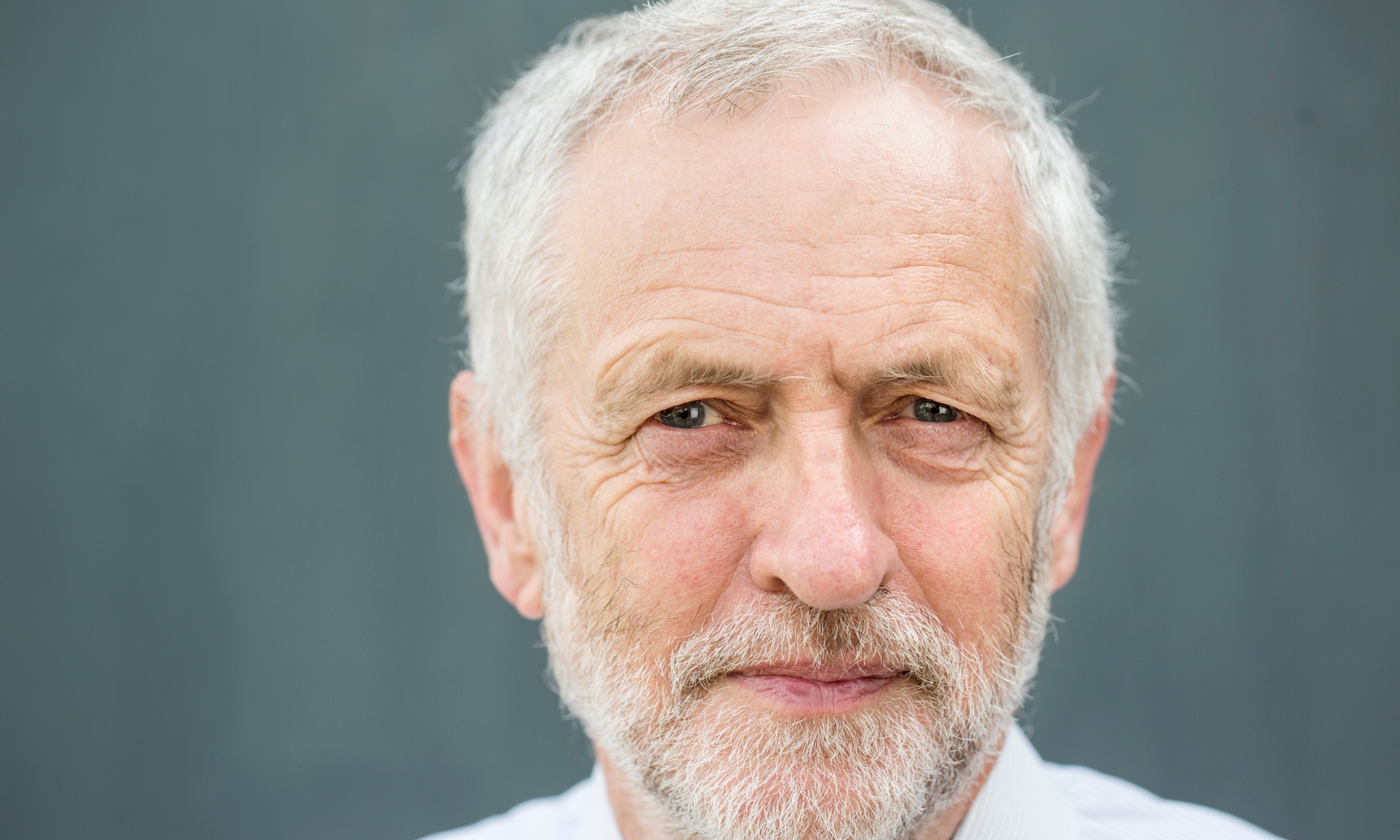First Published in the Huffington Post
In 2014 Labour had a democratic overhaul. Out went the electoral college – an awkward child of the early 1980s – and in came a genuine one member one vote system, in which the votes of ordinary members, MPs and trade union members all counted equally. But other Labour institutions have not kept pace and many remain unwieldy, murky and insufficiently democratic.
Most important of these is the NEC, Labour’s ruling body. Its makeup has echoes of the old electoral college, giving allocated representation to members, trade unionists and elected representatives (MPs, MEPs and councillors). But the proportions are unbalanced – Labour members directly elect only 6 out the 33 seats. This is not fit for purpose in a 21st century organisation that claims to be democratic. Members expect their votes to make a difference, but the recent NEC elections in which the Momentum/CLGA slate was totally victorious will make little difference to the overall balance of the NEC. Although the left/pro-Corbyn side gains 2 seats, this is partially offset by the fact that in the MPs section, Dennis Skinner is stepping down and will be replaced by the anti-Corbyn George Howarth. The ‘new NEC’ will look very similar to the old one. Continue reading

